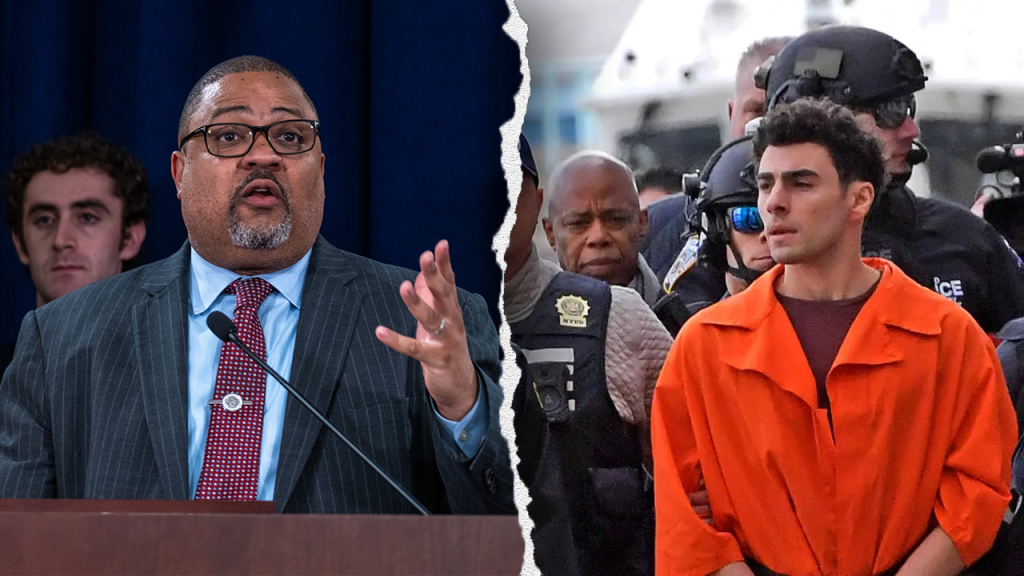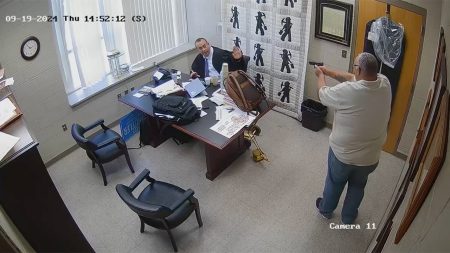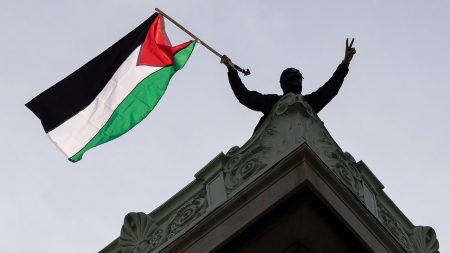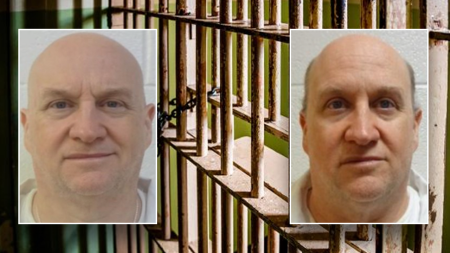The case against Luigi Mangione, the 26-year-old accused of assassinating UnitedHealthcare CEO Brian Thompson, has taken a controversial turn with Manhattan District Attorney Alvin Bragg’s decision to pursue a first-degree murder charge, classified as an act of terror. This charge, unusual for premeditated murder in New York, requires specific circumstances such as the victim being a police officer or the murder involving torture. Legal experts have questioned the application of the terror charge in this case, positing that proving Mangione’s intent to incite terror through the assassination will be challenging. This aggressive legal strategy by Bragg has drawn comparisons to other controversial cases he’s handled, including the charges against former President Trump and Marine veteran Daniel Penny, prompting accusations of overcharging and potentially politically motivated prosecutions.
Defense attorney Lara Yeretsian contends that convicting Mangione on the first-degree terrorism charge will be difficult, given the substantial public sympathy surrounding the case. The public support for Mangione, stemming from perceived grievances against insurance companies, might backfire on the prosecution. The defense also asserts a contradiction between the state’s terrorism charge and the federal stalking charges, highlighting the distinct motivations presented by each case. The federal case alleges stalking, murder, and firearms offenses, focusing on Mangione’s individual actions against Thompson, rather than a broader intent to terrorize. This discrepancy further complicates the legal landscape, potentially weakening both the state and federal cases.
The federal charges, while not including terrorism, introduce the possibility of the death penalty, which is not available in New York. This raises concerns about disparities in charging practices and the potential influence of the victim’s high-profile status. Neama Rahmani, a former federal prosecutor, suggests that Mangione’s treatment may be different because his victim was a CEO, fueling the perception of unequal justice. The focus on the victim’s position reinforces the narrative of corporate greed and perceived injustices within the healthcare system, which may further complicate the jury’s perception of the case.
Prominent defense attorney Linda Kenney Baden questions both the state’s terrorism charge and the potential for a federal death penalty, arguing that they constitute overcharging. She suggests that Mangione’s motives were driven by personal revenge against insurance companies rather than an intent to incite widespread terror. Kenney Baden also speculates that the Justice Department’s involvement is driven by the victim’s prominent status and a lack of trust in DA Bragg, following his recent failure to secure a conviction in the Daniel Penny case. The juxtaposition of these cases further strengthens the perception of Bragg’s tendency to overcharge, potentially motivated by political considerations rather than purely legal judgment.
The dramatic presentation of Mangione’s extradition, reminiscent of a Hollywood scene, also drew criticism. Kenney Baden highlights the stark contrast between this public display and the handling of other murder cases, raising questions about the disproportionate attention given to this case due to the victim’s corporate status. She argues that this “showboating” undermines the fairness and impartiality of the justice system, sending a message that some lives are valued more than others in the eyes of the law. This perception of preferential treatment reinforces public skepticism about the prosecution’s motives and the fairness of the legal process.
The complexities of this case, involving interwoven state and federal charges, conflicting narratives of terrorism versus personal vendetta, and the public scrutiny surrounding DA Bragg’s decisions, present a challenging landscape for both the prosecution and the defense. The upcoming legal proceedings will undoubtedly be closely watched as the battle unfolds over the appropriate charges and the underlying motivations of the accused. The outcome of this case will have significant ramifications, not only for Mangione but also for the broader legal discourse on terrorism, corporate accountability, and the perception of fairness within the criminal justice system.










